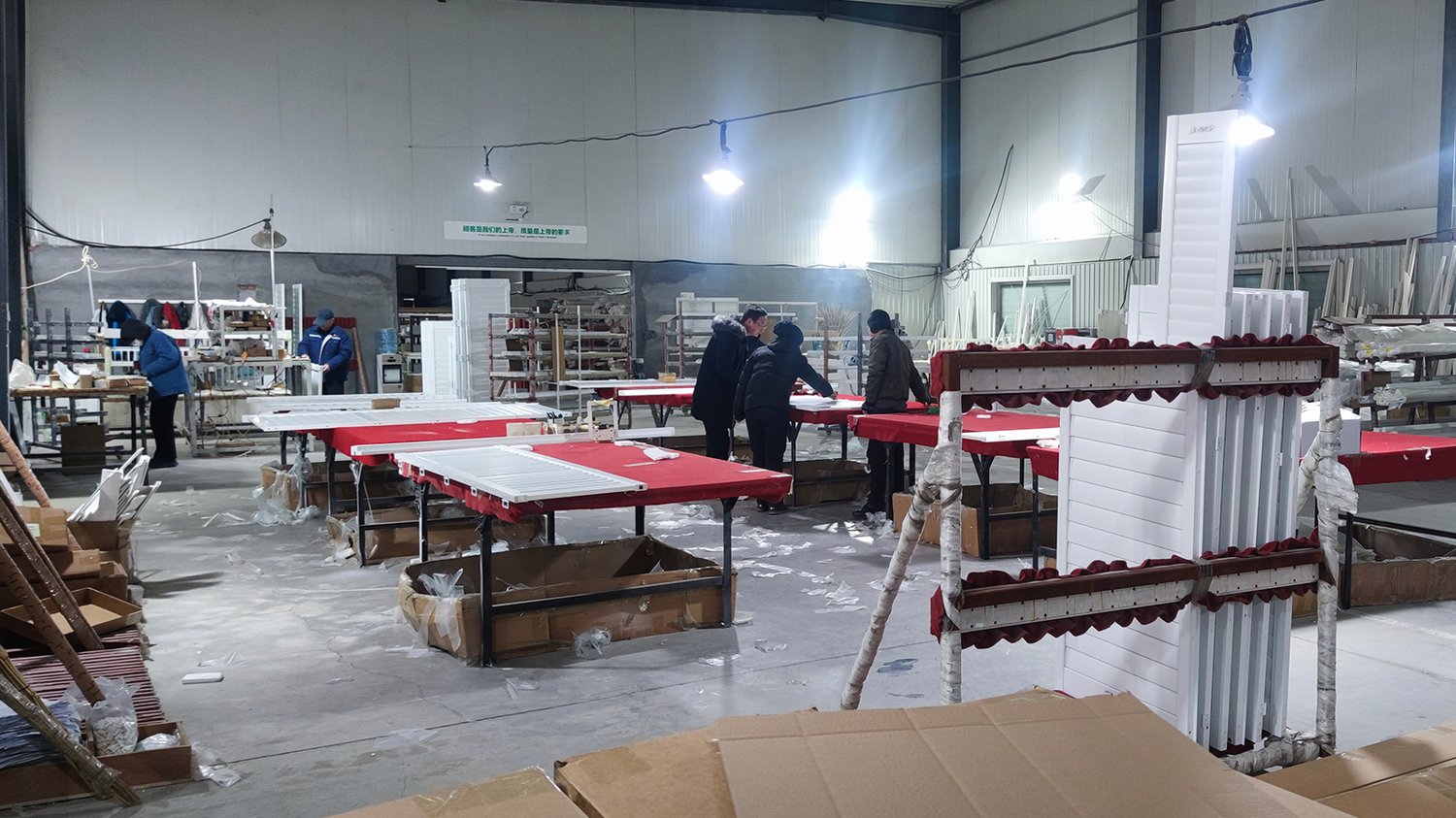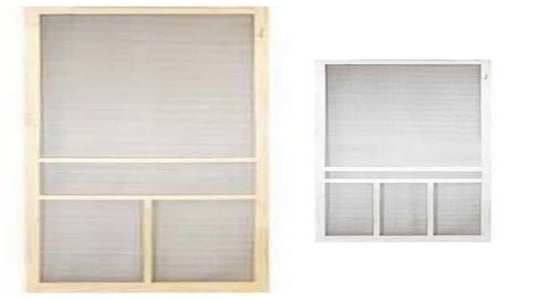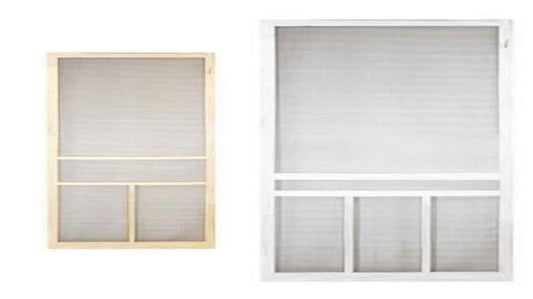What Are durable door materials? Durable door materials are essential for maintaining the security and integrity of your home. When choosing a door for your property, it is crucial to consider the materials used in its construction to ensure longevity and performance. Types of Durable Door Materials There are several types of durable door materials available on the market, including wood, fiberglass, steel, and aluminum. Each material has its own set of benefits and drawbacks, so it is important to choose the one that best fits your needs and budget. Wooden Doors Wooden doors are a classic choice for homeowners seeking durability and aesthetic appeal. However, they require regular maintenance to prevent warping, rotting, and termite damage. Fiberglass Doors Fiberglass doors are known for their durability, energy efficiency, and low maintenance requirements. They can mimic the look of wood or steel, making them a versatile option for any home. Steel Doors Steel doors are incredibly durable and offer the highest level of security for your home. They are resistant to warping, cracking, and rotting, making them an excellent choice for high-traffic areas. Aluminum Doors Aluminum doors are lightweight, corrosion-resistant, and require minimal maintenance. They are often used in commercial settings but can also be a great choice for residential properties looking for a modern and sleek design. Factors to Consider When Choosing Durable Door MaterialsWhen selecting durable door materials, consider factors such as climate, security needs, maintenance requirements, and budget. It is important to choose a material that can withstand the elements and provide the level of protection you desire. Maintenance Tips for Durable Door MaterialsTo ensure the longevity of your durable door materials, follow the manufacturer's maintenance guidelines, including regular cleaning, painting, and lubrication. Proper care and maintenance will extend the lifespan of your door and keep it looking and functioning like new. Cost of Durable Door Materials The cost of durable door materials varies depending on the type of material, quality, and customization options. While steel doors tend to be more expensive upfront, they may save you money in the long run due to their durability and low maintenance requirements. ConclusionChoosing the right durable door materials is essential for the security, aesthetics, and longevity of your home. Consider the various options available, their benefits and drawbacks, and your specific needs to make an informed decision that will provide lasting value for your property. Quote Inquirycontact us










